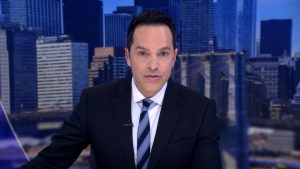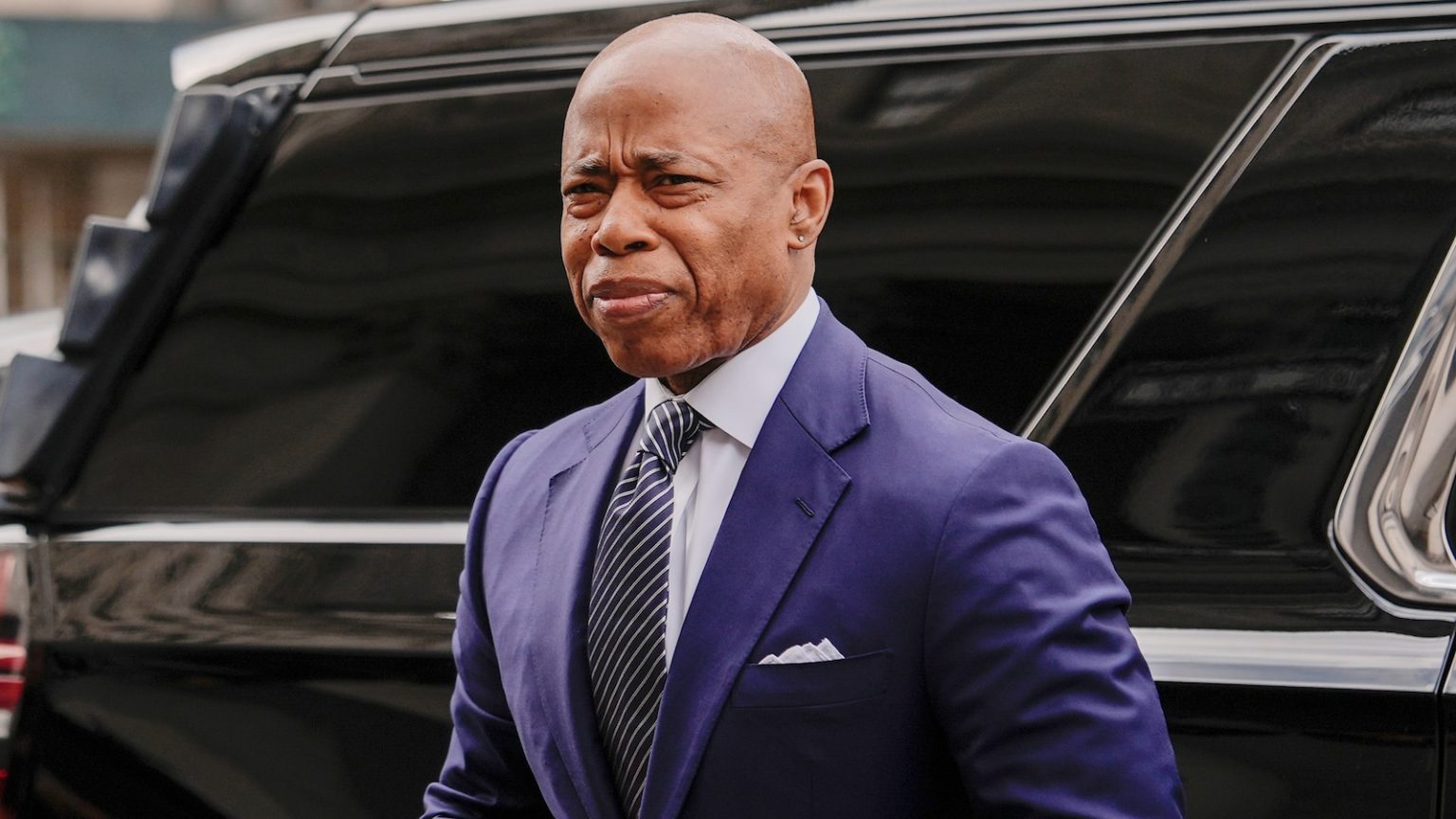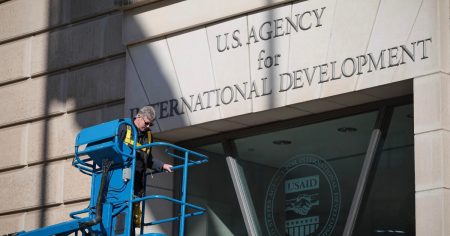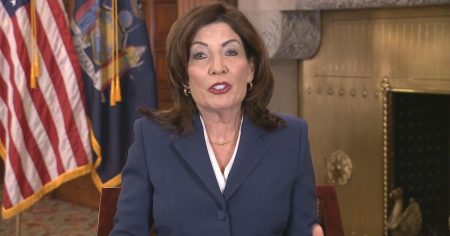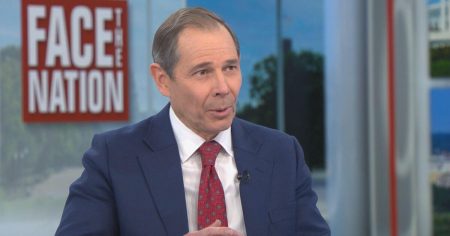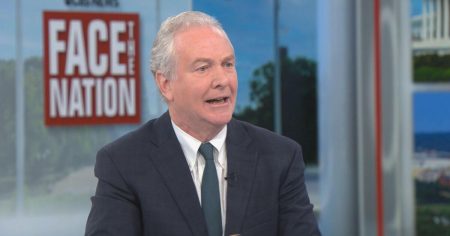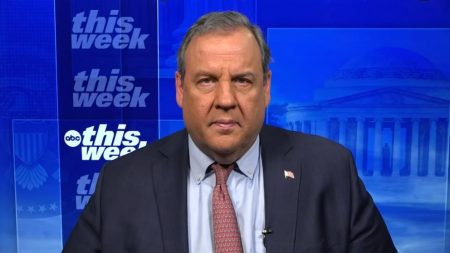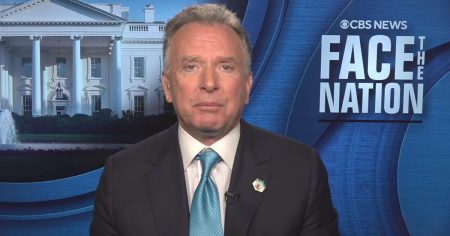Court Hearing Sheds Light on Dismissal of NYC Mayor Eric Adams’ Bribery Case
In a highly anticipated court appearance on Wednesday, Acting U.S. Deputy Attorney General Emil Bove denied allegations that the decision to drop the federal bribery case against New York City Mayor Eric Adams was part of a "quid pro quo" arrangement. The hearing took place in a New York City courtroom, where both Bove and Adams appeared before District Judge Dale Ho, who must decide whether to approve the Department of Justice’s motion to dismiss the criminal charges against the mayor. Judge Ho did not immediately rule on the motion, stating, "I’m not going to shoot from the hip from the bench," indicating his intention to deliberate carefully. The case has drawn significant attention, not only due to the high-profile nature of the individuals involved but also because of the unusual circumstances surrounding the dismissal.
Bove Defends Dismissal as a Matter of National Security
Speaking before Judge Ho, Bove framed the decision to drop the charges against Adams as a "straightforward exercise of prosecutorial discretion." He argued that the ongoing prosecution was creating unintended consequences that interfered with national security and immigration enforcement efforts. Specifically, Bove highlighted that the indictment had effectively barred Mayor Adams from communicating with federal authorities responsible for immigration matters, such as the U.S. Attorney’s office. He emphasized that this restriction was hindering critical collaboration and, therefore, the case should be dismissed in the interest of national security. Bove categorically denied any suggestion of a "quid pro quo" arrangement, stating that there was no hidden exchange of favors between the government and the mayor. He further asserted that even if such an arrangement existed, it would not provide a legal basis for the judge to deny the motion to dismiss.
Judge Ho Questions the Implications of the Dismissal
Judge Ho acknowledged the unusual nature of the situation, admitting that he had summoned Adams and Bove to court "because I have a few questions." While he conceded that his discretion in this matter was limited, he made it clear that the court still had a role to play in ensuring the integrity of the process. During the hearing, Ho posed questions about the broader implications of the government’s motion to dismiss, particularly whether it could set a precedent for other public officials. For instance, he asked whether the same reasoning would apply to a police commissioner or the governor of a border state. Bove responded affirmatively in both cases, suggesting that the argument about interference with federal responsibilities could extend to other officials in similar situations. This line of questioning highlighted the judge’s concern about the potential ripple effects of the dismissal on future cases and the balance of power between the executive branch and the judiciary.
Adams Maintains Innocence as the Case Hangs in the Balance
Mayor Adams, who pleaded not guilty to the five-count indictment earlier this year, reaffirmed his consent to the motion to dismiss the case without prejudice. This means that the charges could theoretically be reinstated in the future. Adams told the judge, "Yes, I understand, judge. I haven’t committed a crime," a statement that underscored his continued assertion of innocence. The hearing concluded with Judge Ho acknowledging the "limited" role of the court in reviewing the government’s motion to dismiss. Bove assured the court that the agreement between the government and the mayor would not prevent the FBI from pursuing further investigations into Adams, though he added, "I don’t have any plans" to revisit the case at present. A written opinion from Judge Ho is expected in the coming days, though no specific timeline was provided.
Resignations and Protests Follow the Dismissal
The decision to drop the case has been met with significant backlash, both within the Department of Justice and beyond. On February 10, when the Justice Department first announced its intention to dismiss the charges, U.S. Attorney Danielle Sassoon and six other federal prosecutors publicly resigned in protest. Their resignations were seen as a rare and bold move, reflecting their apparent disagreement with the decision and their concerns about the integrity of the justice system. Additionally, four deputy mayors in Adams’ administration resigned earlier this week, further deepening the political and legal turmoil surrounding the case. These developments have fueled speculation about the motivations behind the dismissal and the potential political implications for Mayor Adams and the Biden administration.
A Controversial Decision with Far-Reaching Implications
The dismissal of the bribery case against Mayor Adams has sparked intense debate, with critics arguing that it sets a dangerous precedent by appearing to grant immunity to high-ranking officials. Supporters, on the other hand, argue that the decision was necessary to safeguard national security and maintain effective communication between federal agencies and local leaders. As the legal community and the public await Judge Ho’s written opinion, the case continues to raise important questions about prosecutorial discretion, the role of the judiciary, and the balance of power in high-stakes legal matters. The outcome of this case could have far-reaching implications, not only for Adams’ political future but also for the broader justice system and its handling of cases involving public officials.
